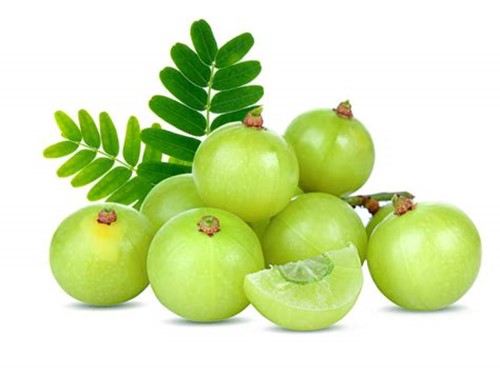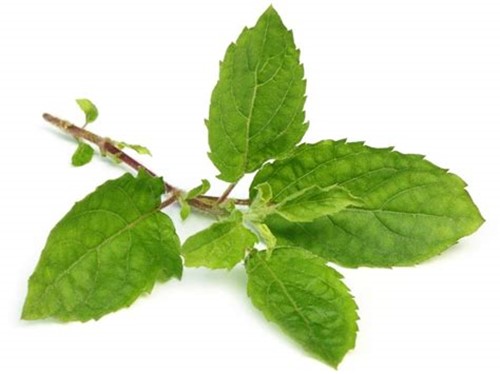5 Ayurvedic Herbs That Fight Allergy
Published Date: 8/7/2021 7:27:51 AM
Allergy is a disorder of the immune system. Allergic reactions occur when a hypersensitive immune system reacts to a common or unusual substance. Allergy is a hypersensitivity to certain stimuli/articles like drugs, foods, environmental irritants or substances, or conditions such as temperature and certain weathers. These substances act as antigens giving rise to a reaction in the body which involves production of certain substances like histamine in the body. Some of the herbs described in Ayurvedic literature which help to fight allergy are as follows:

Ashwagandha (Withania somnifera)
"Ashwagandha" is a medicinal herb, acts as an adaptogen that reduces stress, boosts brain function, lowers blood sugar, builds muscle mass, balances cortisol levels, improves sleep, increases male fertility, and reduces anxiety and depression. Ashwagandha is a shrub that grows in India and North Africa and is also called "Indian Ginseng" and "Winter cherry". Ashwagandha is a combination of the Sanskrit words "Ashva", meaning horse, and "Gandha", meaning smell. This not only refers to the smell of the root but also alludes to the aphrodisiac properties of the root extract, similar to the strength of a horse. It is one of the most revered ayurvedic herbs and tonic.

Amla (Emblica officinalis)
"Amla" is perhaps one of the richest sources of vitamin C and is perfect for the overall immunity, as it can rejuvenate and revitalise the body systems. Amla is cooling in nature and can help remove excess body heat, thus often recommended in pitta conditions. It is also helpful in in afflictions of the gastro-intestinal tract. Amla is also believed to stimulate regeneration of red blood cells and help improve haemoglobin content in body. Due to its anti-inflammatory properties, it can help soothe joint pains. Amla is often used in powder form but is also available as tablets or liquid extracts. It is best to consume amla in raw form. Amla powder can be consumed by mixing with honey, twice a day. Chyawanprash is a well-known Ayurvedic formulation that can be taken to reduce mental and physical fatigue and boost immunity also contains amla.

Garlic (Allium Sativum)
"Garlic" is a bulb of a plant that is used as a spice and ayurvedic medicinal herb. It can reduce blood pressure, improve cholesterol levels, and lower the risk of heart disease. It is beneficial for colds and flu, improves athletic performance and memory, strengthens bones, etc. It is native to middle Asia, from West China to Kazakhstan. It is a plant that belongs to the onion genus, "allium". Garlic has been part of kitchens for centuries. This herb has curative and medicinal properties because of its antibacterial and antiseptic nature. The beneficial properties of garlic are because of a compound, "Allicin". It is rich in minerals like phosphorus, zinc, potassium, and magnesium. Vitamins C, K, Folate, niacin, and thiamine also are found abundantly in garlic.

Ginger (Zingiber officinalis)
"Ginger" is hot in potency and thus aids in decreasing the aggravated vatta and kapha doshas. Ginger is very versatile – it can be had fresh, powdered or oil form or in dry candied/ juice form. Dry ginger powder mixed with sesame oil is used to relieve joint or muscle pains. It is also used for hot fomentation in gout, oedema, arthritis or other joint pains. Anti- microbial compounds in ginger helps fight infections, and boost immunity levels. Ginger is also recommended for many respiratory ailments like cold, cough, pneumonia, asthma and bronchitis.

Tulsi (Ocimum sanctum)
"Tulsi" is used for its medicinal purposes, due to its anti-infective properties and its use in respiratory tract infections like cough, cold, sore throat, asthma etc. It helps remove excess kapha from lungs. This natural stimulant energizes our body, increases circulation, and has been proven to be beneficial in skin diseases and ulcers. Fresh tulsi juice taken twice a day may help to boost health. Adding a few drops of ginger and honey to tulsi juice may help further improve immunity.